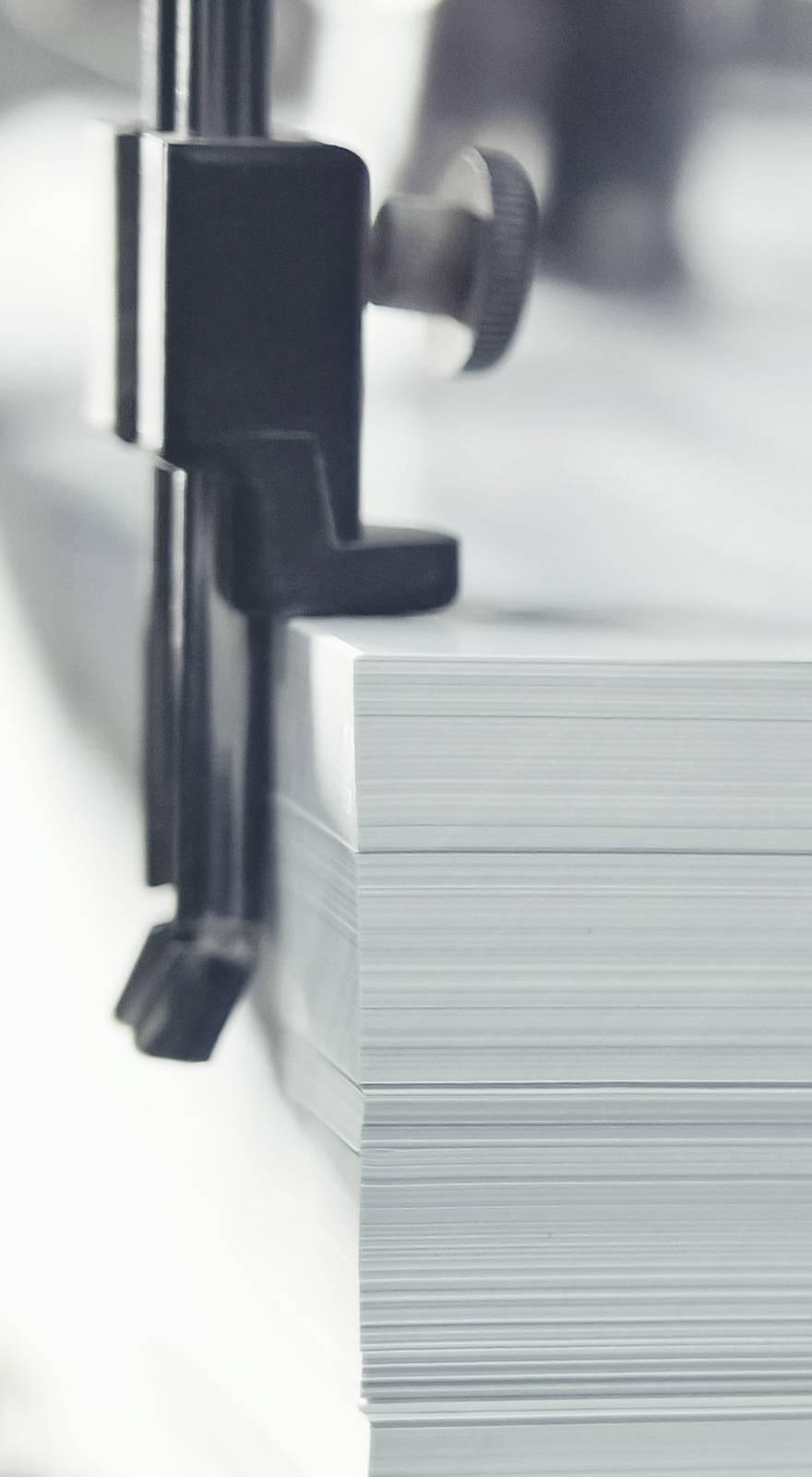Knowde Enhanced TDS
Identification & Functionality
- Chemical Family
- Polymer Name
- Plastics & Elastomers Functions
- Technologies
- Product Families
Features & Benefits
- Labeling Claims
Applications & Uses
- Markets
- Applications
- Plastics & Elastomers End Uses
- Plastics & Elastomers Processing Methods
- Applications
Extrusion: cable insulation and sheathing, flexible film and sheet, geomembrane, flexible pipe and hose, soft profile (gasket, seal, expansion joint, O-ring)
Calendaring: flexible sheet and film
Injection molding: slipper, sole, toys
Properties
- Typical Properties
| Value | Units | Test Method / Conditions | |
| Viscosity Number (Cyclohexanone, 25°C) | 125 | cm3/g | TS EN ISO 1628-2 |
| K Value (Cyclohexanone, 25°C) | 70 | - | TS EN ISO 1628-2 |
| Bulk Density | 0.48 | g/cm3 | TS 448 EN ISO 60 |
| Particle Size Distribution at (min.0.063 mm) | min. 92 | w% | ISO 13320 |
| Particle Size Distribution at (min.0.063 mm) | max. 3 | w% | ISO 13320 |
| Volatile Matter | max. 0.3 | w% | TS EN ISO 1269 |
| Contamination | max. 60 | pcs/9dm2 | TS EN ISO 1265 |
Regulatory & Compliance
- Certifications & Compliance
- Compliance to Regulations
The formulation and production of PETVINIL S39/71 conforms to the compositional requirements of the Commission Regulation (EU) No. 10/2011.
- Recycling
The product is not hazardous or toxic and it is suitable for recycling using available recycling methods.
Packaging & Availability
- Packaging
The material is packaged in PE bags or in PP Big Bags.
Storage & Handling
- Storage
The product should be stored in a dry area with an ambient temperature below 50°C. It should be kept away from sunlight, sparks, heat and flame. Inappropriate storage conditions can lead to bad smell, color changes and the deterioration in physical properties. It is advised to process PVC resins within 6 months after delivery.

